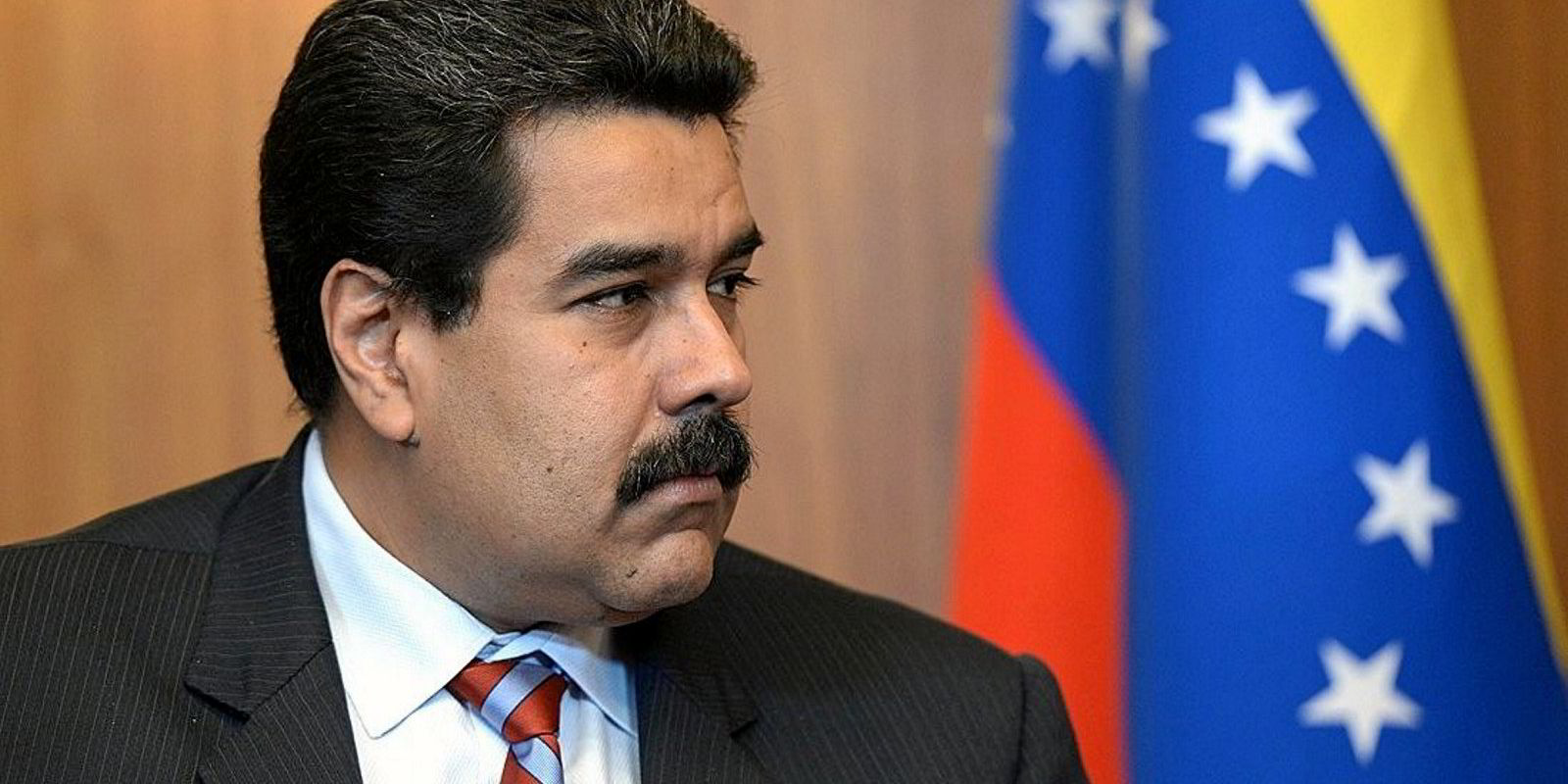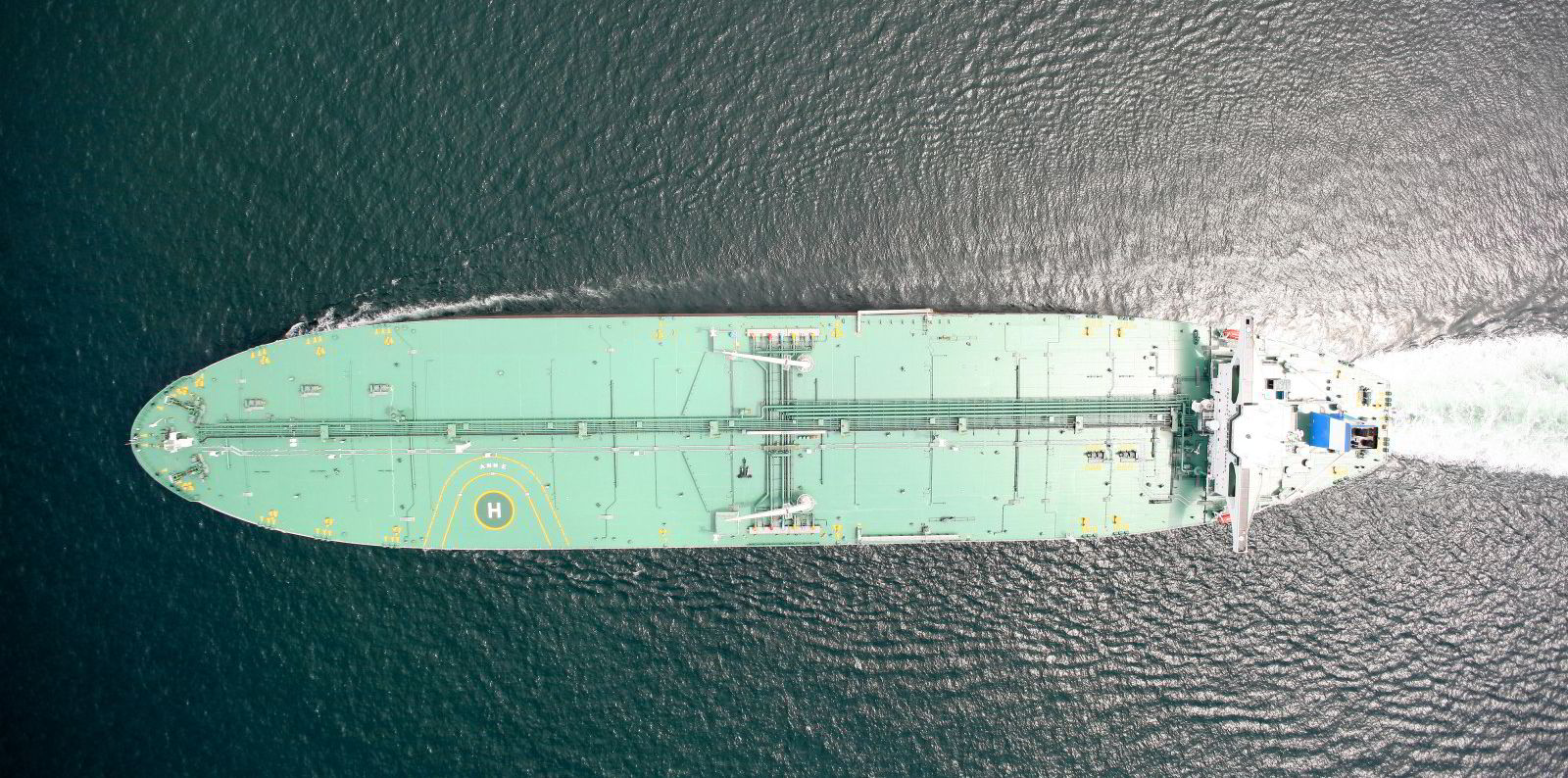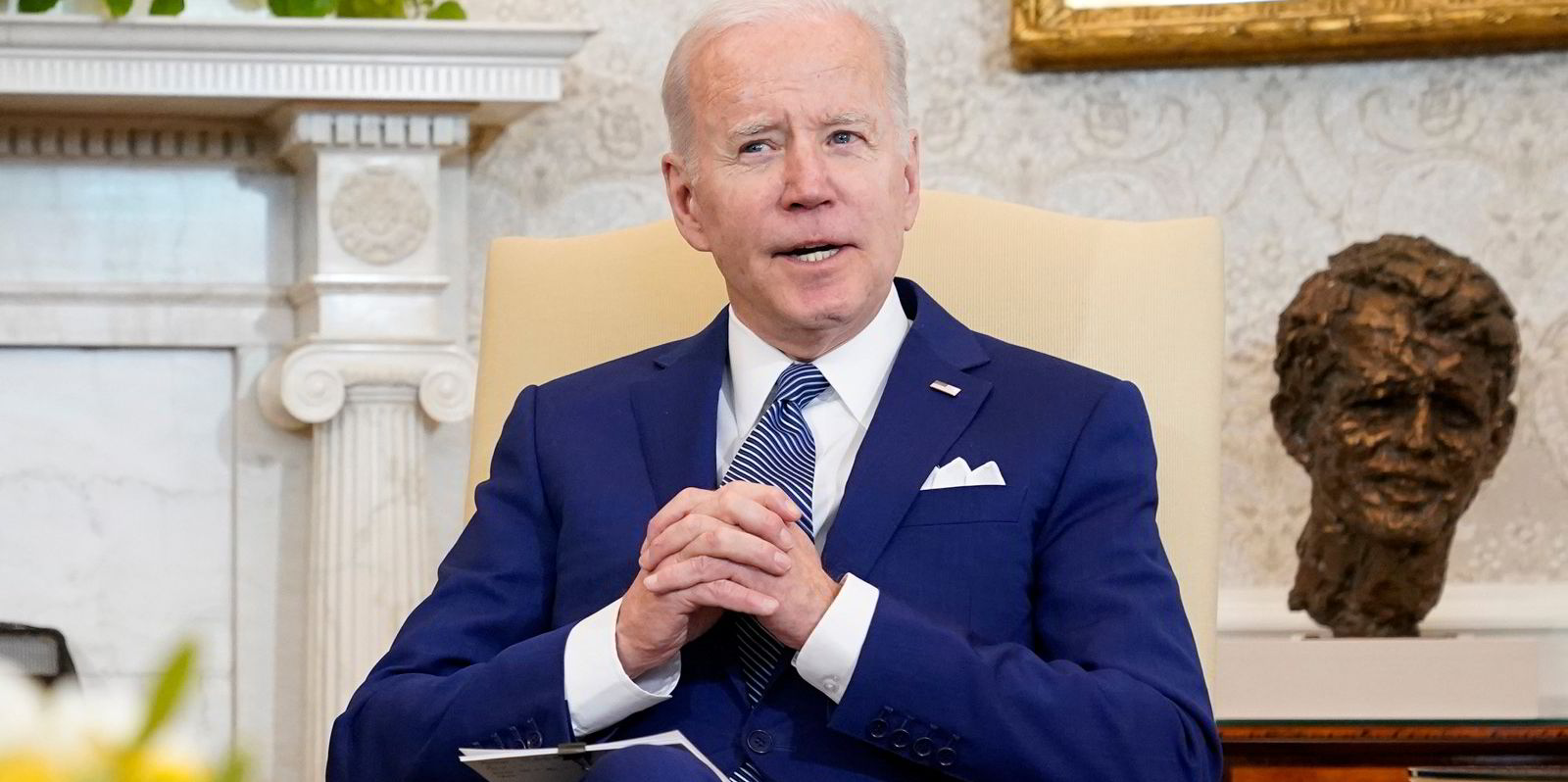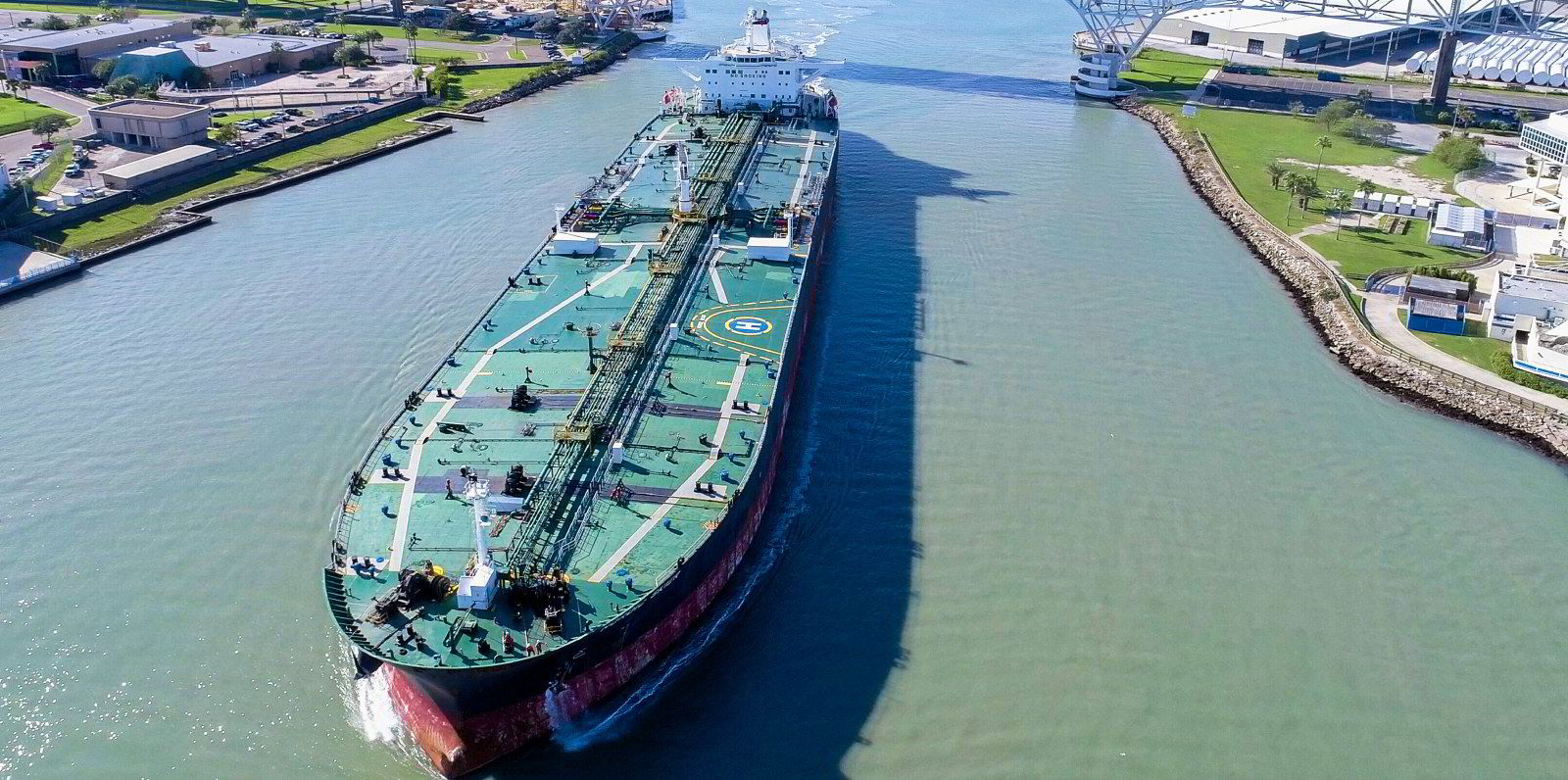Tanker owners hoping for a boost from the potential return of legitimate Venezuelan crude cargoes may have to wait, say two top brokers.
Poten & Partners said the impact on the tanker market of more Venezuelan barrels is likely to be “limited in the short term”.
“Apparently, the US has indicated that, in exchange for sanctions relief, a portion of Venezuela’s crude has to be shipped to the US,” the broker said.
“This will provide more employment opportunities for Caribbean aframaxes, but given the short-haul nature of this trade, we expect the impact on tonnage balances and rates in the region to be limited.”
Relations between Washington and Caracas have been frosty for many years, dating back to the regime of Hugo Chavez, the predecessor of Venezuela’s current leader, Nicolas Maduro.
However, despite the tensions, the US still imported between 500,000 and 600,000 barrels per day (bpd) of crude oil from Venezuela until the end of 2018.
Washington imposed tough sanctions on Venezuelan oil from 2019 in an effort to force Maduro to step down, causing the country to turn to the likes of China and India to buy its crude oil.
Under pressure from the US, India stopped purchases from state-owned Petroleos de Venezuela SA in April 2019, followed by China a few months later, according to Poten.
“However, although China stopped direct purchases, it has been accused of still buying Venezuelan crude, using ship-to-ship transfers in the waters around Singapore and Malaysia,” it said.
“The vessels used in this trade are part of the rogue tanker fleet that are also used to transport sanctioned Iranian barrels.”

In recent days, numerous media outlets have reported that a high-level US delegation has met top government officials in Venezuela.
“Surging global oil prices and Russian sanctions are forcing Western governments to approach those countries they previously sanctioned in response to alleged human rights and nuclear proliferation,” said Gibson Shipbrokers.
“The need to find viable alternatives is growing and the prospect of returning Venezuelan crude is on the table.”
Gibson said this comes off the back of a touted Iran nuclear deal that would facilitate the imminent return of Iranian crude to the market.
Poten said the lifting of oil sanctions against Venezuela could “reignite and legitimise” the long-haul trades to India and China, but it estimates that this could take a “few years”.
“This would create additional long-haul employment for VLCCs and reduce the trading opportunities for the rogue tanker fleet, a win-win for the large tanker market,” it added.
Gibson agreed, saying that years of underinvestment mean it would “take time” for Venezuela to build up exports to a level that could make a meaningful impact on oil prices.
“Surpassing 1m bpd of exports from 400,000 bpd in 2021 would likely take at least a year, if not longer, and require foreign assistance,” it said.
But Gibson said that although there is likely to be high demand for Venezuelan grades, the country cannot solve the energy security concerns of importing nations alone.
“Russia exports nearly 7m bpd of crude and products both west and east, and even with sanctions relief on both, Venezuela and Iran cannot at present match such volumes,” it said.





